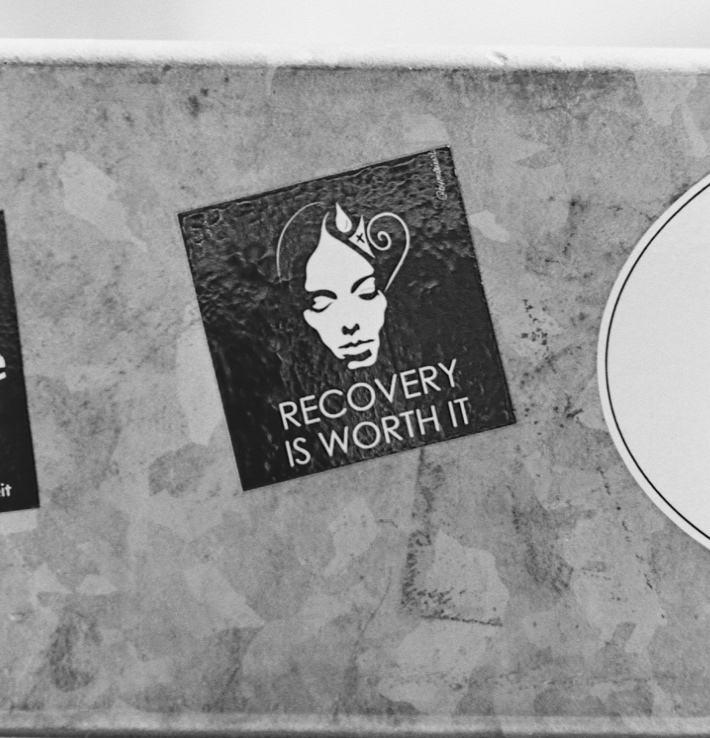Embracing Recovery: Tools for Sustaining Sobriety

In August 2022, President Biden declared September National Recovery Month. In his declaration, he writes that more than 20 million Americans are recovering from Substance Use Disorder. Addiction affects all of us. Chances are you or someone close to you has struggled with substance use.
Anyone who has traveled the road to recovery or been a passenger alongside someone they care for, knows that it is not easy. It’s likely one of the most challenging tasks they will ever face. Gaining and maintaining sobriety is a decision a person in recovery has to make each morning and throughout the day. It is something that takes constant work.
At CW Psychological Services in King of Prussia, Pennsylvania, we often work with clients in recovery to maintain lasting sobriety. Our counselors and therapists assist in strengthening and building the tools clients have gained in their journey. Here are some tips to help those in recovery sustain lasting sobriety:
1.) Identify Your Triggers:
Everyone has triggers. Things that make them want to reach for that substance or addictive behavior. It is crucial to understand and identify what those triggers are for you. Common triggers can include: physical stress, emotional stress, environmental cues like being in a bar or at a concert, friends who partake in that substance or behavior, relationship challenges, and financial/employment issues. You may have your own unique triggers, as well, but once you identify those you can be better prepared for when a craving hits.
2.) Recognizing Relapse Signs:
Breaking sobriety can happen so quickly you don’t know what happened. By recognizing warning signs and seeking help before things get too far, you can help avoid relapse. Relapse often occurs in stages—emotional, mental, and physical. Warning signs to look out for are: negative thinking patterns, compulsive behavior, putting yourself in environments that trigger you, less logical reasoning (just one drink, what will it hurt), and finding yourself in a situation where turning to a substance or addictive behavior seems sensible.
Remember, addiction is a slippery slope. While it may seem perfectly reasonable to have a drink on vacation, take a hit on a special occasion, or visit the casino on your birthday, it only takes one time to put you back into old patterns. Stay strong and recognize moments of temptation early. Keep your eye on the prize—longterm sobriety, health and happiness.

3.) Practice Regular Self-Care:
Sobriety is your most important job. It matters above all else. Why? Because without your sobriety, everything else falls apart. You can’t maintain sobriety if you do not take care of yourself. You must identify and practice things that help you to relieve stress and feel your best. Make your health a priority–get enough sleep, eat healthy, get active, and say “no” to things that have the potential to trigger you.
4.) Avoid Old Habits:
If you used to come home after work every night and pop open a bottle of wine, go to the gym after work instead. If you had a weekly book club that ended up in a booze fest, it’s time to find another club. If you and certain friends only know how to hang out while getting messed up, then find new friends. If you go to the mall to shop every time you feel stressed, try a yoga class instead. Change is hard, but avoiding old habits will help you build a healthier life.
5.) Get Support:
No one can do sobriety alone. We all need community. We need people in our lives that feel safe and supportive. We need people that get it, that understand what we are going though and the challenges we face. If you are having trouble finding support in your inner circle, turn to online support groups, go to meetings, meet with a counselor or therapist. There are thousands of resources at your fingertips. You may even find some new lifelong friends.

6.) Create Structure:
It is much easier to maintain sobriety while living a life of structure. When you have a plan for each day, you are more equipped to handle stressors that come your way. If you are living in constant disorganization and chaos, it can be hard to find your footing. Everything will often feel out-of-control. Structure gives you control over you life and your days. It makes your goals more accessible and keep what matters in perspective.
7.) Celebrate Milestones:
You deserve it. You deserve an enormous pat on the back for all your hard work. There is a whole lot of guilt and shame that comes with sobriety. You likely feel a lot of regret for past events and things gone wrong. Forgive yourself. You have come so far. Celebrate each day, each month, each year, each hour that you have maintained your sobriety. You have so much to be proud of.

Getting Help
You may have climbed the steepest mountain by achieving sobriety and entering recovery, but there will still be times you feel discouraged, tempted, and lost. You don’t need to go through your sobriety journey alone, and you shouldn’t. Consider regular check ins with a mental health professional or recovery group. Don’t hestitate to reach out for help when you are struggling. It’s OK to not be OK.
At CW Psychological Services, we are here for you. Talking to our trained counselors or associate-level clinicians can help to keep you on task and guide you when times are tough. Your journey is uniquely yours, and we are here to support you.
Ready to begin counseling in Pennsylvania?
Counselors and associate-level clinicians at CW Psychological Services are professionally trained. We have openings for online or telehealth therapy appointments. Email us at [email protected] or call (610) 308-7575. We want to help.

